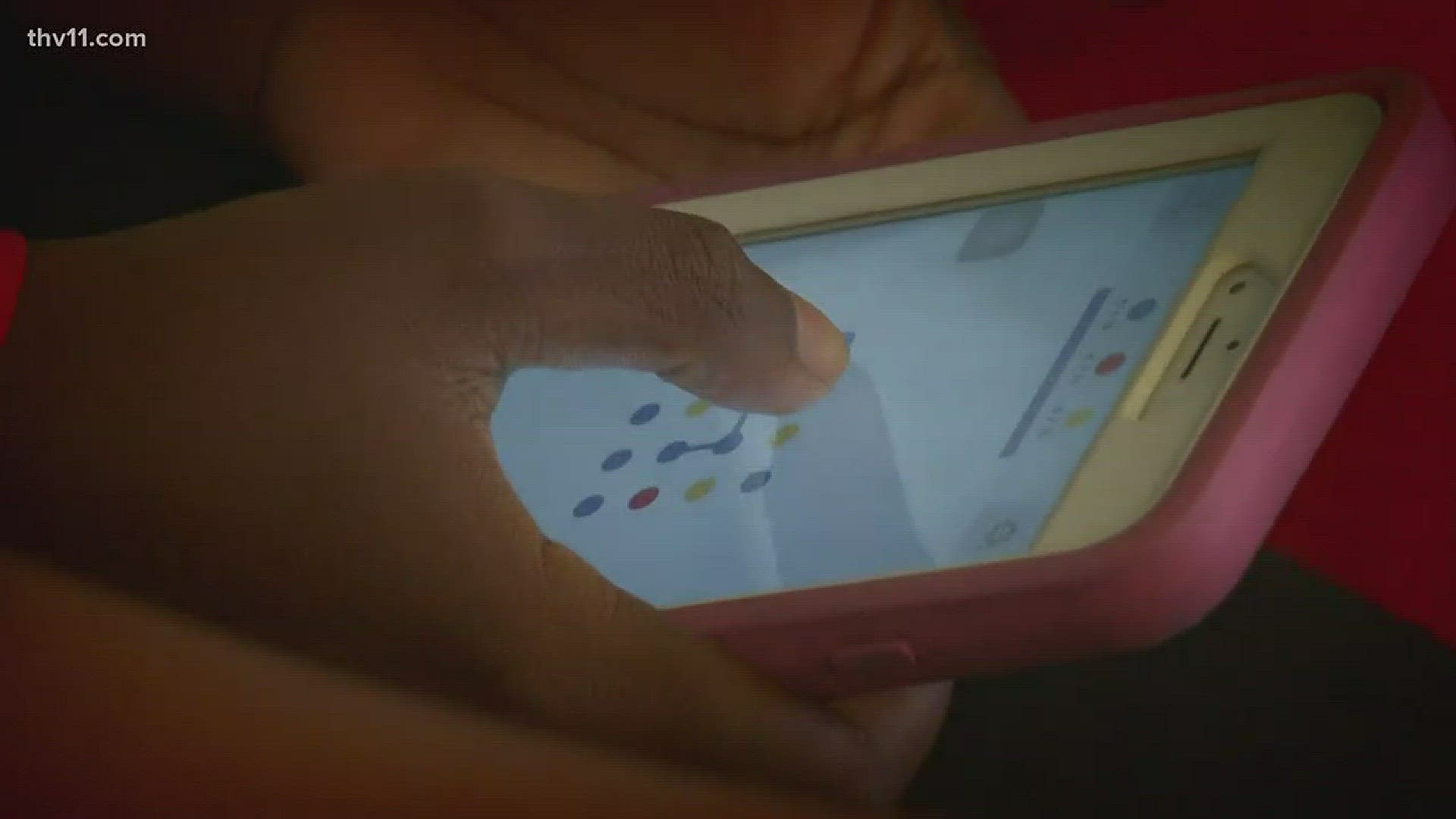LITTLE ROCK, Ark. (KTHV) - Imagine a world where cellphones didn't exist.
Some of us can, but that world is unknown to a group of adolescents dubbed “iGens.”
New research shows that smartphones are shaping this new generation and playing an important role in their mental health.
THV11’s Laura Monteverdi take a closer look at the iGen generation and what parents need to know.
“The majority of my day, more than half of my day. I would probably leave here and get on my phone immediately,” said Mason, an 11th grader when asked how often he uses his phone.
iGen is a term coined by Jean Twenge, a psychology professor at San Diego State University and author of the book "iGen: Why Today's Super-Connected Kids Are Growing Up Less Rebellious, More Tolerant, Less Happy--and Completely Unprepared for Adulthood--and What That Means for the Rest of Us."
“Those born after 1995, I’m calling iGen and I think it's a really good name for this group because they are the first to have spent their whole adolescence with smartphones,” said Twenge.
Twenge has been researching generations for 25 years and said this new research revealed teens are growing up much slower than they used to.
“Today’s 18-year-olds are more like what 15-year-olds used to be. Fewer of them are driving. Fewer are dating. Fewer have jobs. Fewer of them are going out without their parents and are less likely to have tried alcohol or have had sex.”
While parents might see these as positive traits, there is a tradeoff. Twenge said all that screen time, on average six to eight hours a day, is creating unhappiness in this wave of technology-connected children.
“For example, they spend a lot less time with their friends in person than millennials did at the same age. They spend more time with screens. And that has really helped shape their mental health and views on life. They aren't as happy as millennials were as teens. Not as optimistic and they are more likely to be anxious and depressed.”
To learn more from iGens themselves, THV11 hosted a discussion at Maumelle High School with 9th through 12th graders.
Reporter: “It’s Friday night, Saturday night. What are you typically doing?”
When asked what they do on a typical Friday or Saturday night, the answers were all similar.
“At home, probably playing video games,” said Rochen, a 12th grader.
“Probably watching YouTube videos,” said Chandler, a 10th grader.
“Either on Netflix or on my phone texting or calling somebody,” said Mason, an 11th grader.
During the conversation, the students agreed with much of the research. The majority said they are waiting longer to make big life decisions, like getting a driver’s license.
“I didn't see it as very important at the time. I didn't have that much going on. There wasn't really a need for me to drive,” said Mason.
“I don't know why I would need it. I don't have anywhere to go. I can do everything on my phone,” said Keeley.
However, they also said their generation is undervalued and deserves more credit.
“People underestimate our maturity because we are always on our phones, but they don't see what we are looking up on our phones. I could be looking up the extremely complicated molecular biology of photosynthesis. You don't know what I’m doing on my phone,” said Keeley.
“We’re trying to get ready for college, most of us. We're really trying to get college done and move on with life. Most of the time on our phones because that's just life. We all are always on our phones,” said Rochen.
According to her research, Twenge said compared to teens five to 10 years ago, iGen teens are more depressed and at a higher risk for suicide.
So, what is the solution? Twenge says first, spend more time with friends in person, which is proven to bring more happiness. And she believes parents can play a big role by limiting screen time to two hours a day.

